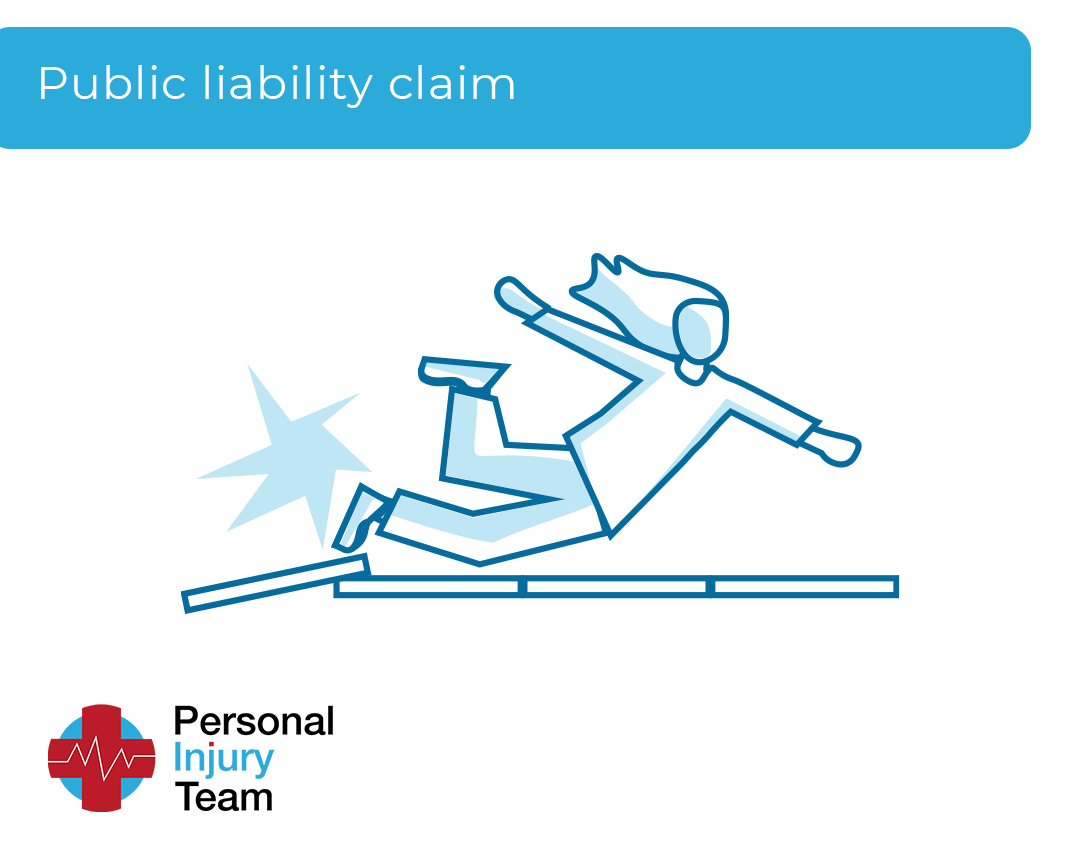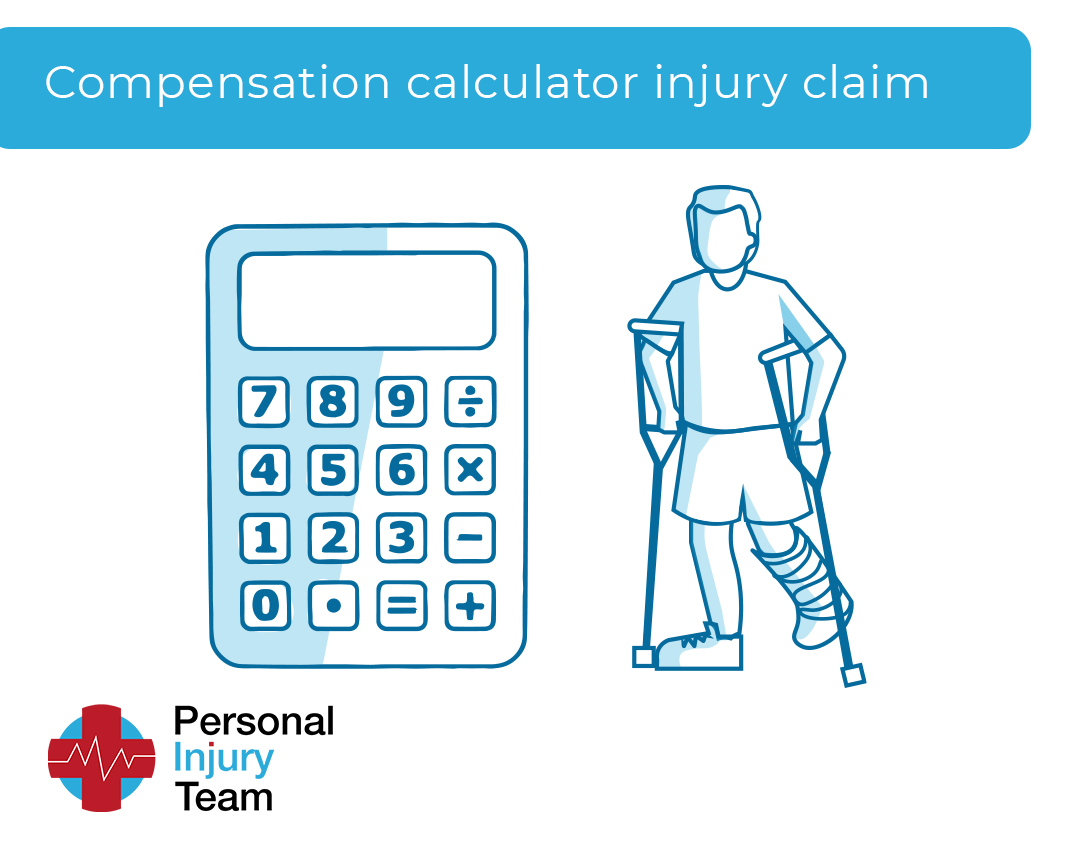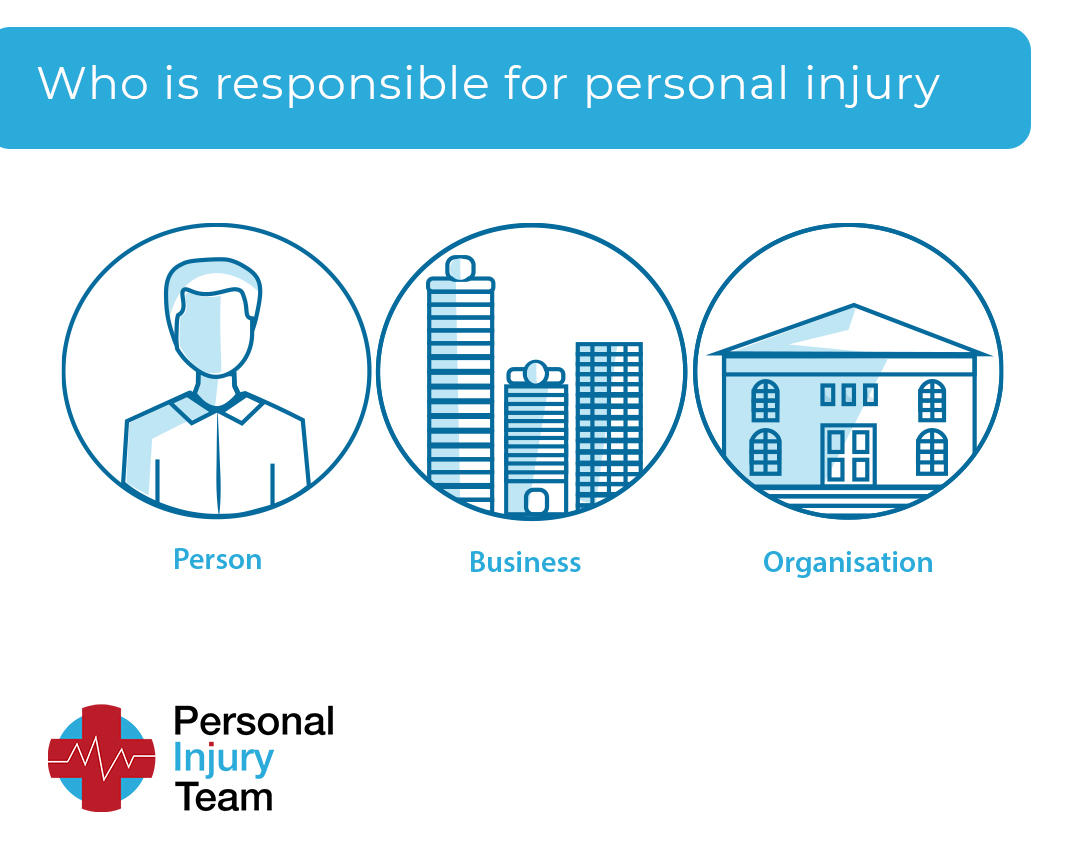A public liability claim seeks compensation for a personal injury on property open to the public. The property owner has a duty of care to anyone accessing the area and must keep the property safe for all users.
You will have a public liability claim if you have suffered a personal injury and it is not your fault. You make a public liability claim for the costs and damages arising from your avoidable injury.
A No Win No Fee solicitor will take your public liability compensation claim against the owners of the property and their insurance company.

Common public accident claims
How much in damages can I claim in a personal injury claim?
In a public liability claim, you can claim damages ranging from a few thousand pounds to more than £10 million. How much compensation you can claim depends on the injuries suffered and the financial effect of those injuries on your life.
If someone else is responsible for your personal injury, you can claim compensation from their insurance company.
Sample compensation amounts in a personal injury claim are as follows. Please note these are figures for the injuries only. Financial losses would apply in addition:
(The figures given here are for General Damages amounts only. You will also receive compensation for any financial losses you suffer due to the personal injury. Figures taken from Judicial College Guidelines 16th Edition and are accurate as of April 2023.)

There is not one fixed amount in personal injury claims. The circumstances differ from person to person and claim to claim, and the amount of compensation awarded will be tailored to the circumstances of your claim.
A No Win No Fee personal injury solicitor can give you an idea of what to expect from their experience in compensation claims.
What can you claim for compensation in a personal injury claim?
In a personal injury claim, you claim compensation for two types of damages: General Damages and Special Damages.
How much compensation you are rewarded, depends on the following 2 factors:
Public liability insurance
Public liability insurance protects you and your business against claims made by the public. All legal fees and cost of damaged property will be covered.
Public liability insurance is not legally required but acts as a safety net in the event of a costly lawsuit.
If the guilty party does not have public liability insurance, they must pay your compensation damages and costs in full, out of their own pocket.
If they own a business, the business may pay the damages awarded. When it is a private individual, then they are responsible for paying the award.
If you make a public liability claim against, say, a hotel without public liability insurance, the owners must pay your compensation claim. If they do not, the business may need to close and assets sold to find the money.
Who is responsible for a public liability claim?
The owner of a public place where you had the injury is responsible for a public liability claim. If you are injured in a public place, and it was not your fault, you can make a public liability against the owner.
The person responsible for a public liability claim could be the pub landlord, the hotel owner or the individual who runs the cafe where the accident happened.
Public liability is also the responsibility of the local authority that owns the town park, the footpaths and the roads in your area.
Personal injury can happen anywhere, and public liability claims are for compensation for the damages caused.

How to make a claim for personal injury compensation
To make a claim for personal injury compensation, there are usually a few standard steps to follow. We will guide you through the entire process from first contact through to the conclusion of your claim.
Case Study
Public Accident claim FAQ
Find out how much you can claim for today
If you have been injured in public, speak to a personal injury solicitor today and find out how much you can claim in compensation today.
Compensation amounts are guidelines on what to expect from your personal injury claim. Our personal injury solicitors can advise you using their expertise and experience and can quickly tell you if you have a valid claim and what to do next.
Our team of No Win No Fee personal injury solicitors can take your case and ensure you are awarded the compensation you deserve. We have the experience to handle your claim for personal injury compensation and see it through to a successful conclusion, whether the claim is worth £1,500 or more than £10,000,000.
When you suffer a personal injury, the effects on your life can be devastating. If the personal injury is not your fault, it can make the situation feel even worse.
Take our online assessment today to get an idea of claim amounts and what you could be due for the pain, suffering and impact on your life.
Contact your Personal Injury Team today for immediate expert advice tailored to you.

